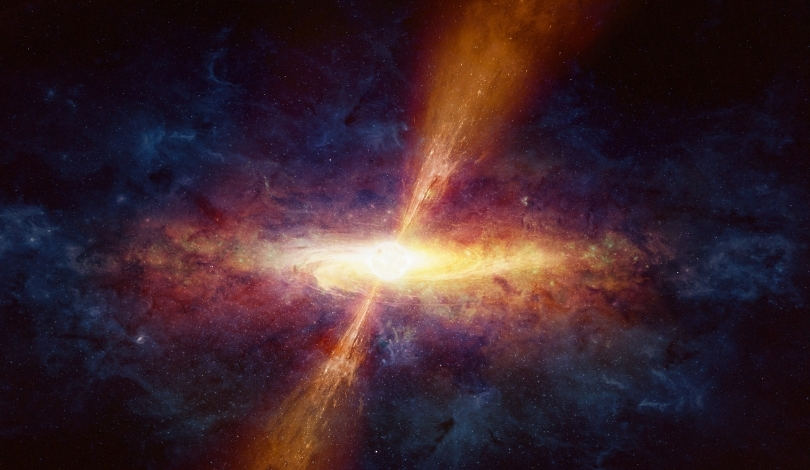Recent studies have revealed complexities in the behavior of rotating black holes that were previously unaccounted for. These findings suggest that existing models based on general relativity may not fully capture the dynamics of such cosmic phenomena. Scientists are now exploring alternative theories to address these discrepancies, highlighting the need for a deeper understanding of black hole mechanics.
Black holes have long been a subject of fascination and study, with advancements allowing for the direct imaging of entities like the supermassive black hole in M87. However, this new research indicates that our comprehension of their internal structures, particularly in rotating black holes, may be incomplete compared to earlier theories.
What Causes Mass Inflation Without Cauchy Horizons?
The phenomenon of mass inflation, where mass within the horizon increases without bound, occurs even in the absence of a Cauchy horizon. This challenges the traditional view that cosmic censorship prevents such extremes from affecting the observable universe.
How Does This Affect Cosmic Censorship Theory?
The findings question the validity of cosmic censorship, which posits that singularities remain hidden within event horizons. Without a Cauchy horizon, the safeguards provided by cosmic censorship may no longer hold, allowing for potentially observable singular behaviors.
What Are the Implications for General Relativity?
These results suggest that general relativity might be insufficient in explaining long-lasting black holes. As one researcher stated,
“Our current models may only describe transient black hole states, necessitating new theories for persistent cosmic structures.”
The study marks a significant shift in black hole research, indicating that long-held assumptions may need reevaluation. By demonstrating that mass inflation can occur without the protective barrier of a Cauchy horizon, scientists are forced to reconsider the foundations of black hole stability and the ultimate fate of these enigmatic objects.
Future research is likely to focus on integrating quantum mechanics with general relativity to resolve these issues. This interdisciplinary approach may provide the necessary framework to address the limitations identified in current black hole models, paving the way for a more comprehensive understanding of the universe’s most mysterious entities.










